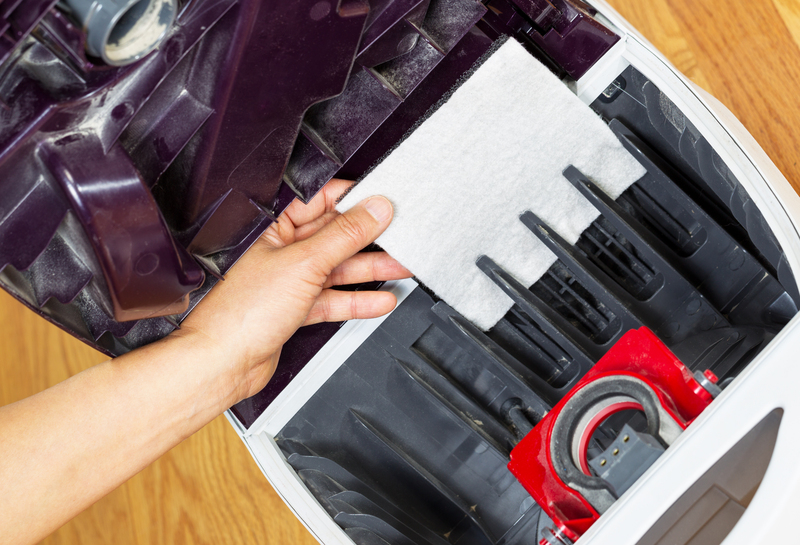
In the never-ending battle against dirt and grime, we have many powerful weapons at our disposal. From harsh chemicals to heavy-duty cleaning equipment, we are constantly searching for the most effective ways to keep our homes and businesses clean. But what if the key to conquering tough messes wasn't in synthetic products, but in something natural and essential for life? Enter enzymes - tiny proteins that have taken the cleaning world by storm.
What Are Enzymes?
To understand how enzymes work their magic on tough messes, we first need to know what they are. Enzymes are organic substances, typically found in living organisms, that act as catalysts for biochemical reactions. Essentially, they speed up chemical reactions without being consumed themselves. These remarkable proteins are present in all living beings and play vital roles in processes such as digestion, metabolism, and DNA replication.
How Do Enzymes Clean?
Enzyme-based cleaners use specific enzymes that target different types of messes. For example, protease enzymes break down proteins found in blood, grass stains and food spills; amylase enzymes tackle starch-based substances like pasta sauce and bread crumbs; lipase enzymes break down fats and oils commonly found in grease and other oily messes.
The process of enzyme cleaning is called enzymatic degradation. When an enzyme comes into contact with its target substance, it attaches itself to the surface of the stain or spill and starts breaking down its molecular structure. This makes it easier for other substances, like water and soap molecules, to remove the stain completely.
Advantages of Using Enzyme Cleaners
One of the major advantages of using enzyme cleaners is their effectiveness on a wide range of surfaces and materials. Unlike harsh chemical cleaners that can damage certain surfaces or fabrics, enzyme cleaners are gentle yet powerful enough to tackle even the toughest messes without causing any harm.
Furthermore, enzyme cleaners are environmentally-friendly as they do not contain toxic chemicals that can harm the environment or pose a risk to human health. They are biodegradable and their production process also has a lower environmental impact compared to traditional cleaning products.
Another benefit of enzyme cleaners is their ability to eliminate odors at the source. Enzymes break down organic compounds that create unpleasant smells, leaving behind a fresh and clean scent.
Tips for Using Enzyme Cleaners
When using an enzyme cleaner, it's important to follow the instructions on the label carefully. Different types of enzymes have different optimal conditions for maximum effectiveness, so make sure to use the right product for the specific mess you want to clean.
It's also recommended to let the enzyme cleaner sit on the stain or spill for a few minutes before scrubbing or wiping it away. This gives the enzymes enough time to work their magic and penetrate deep into the mess.
Takeaways about Enzyme Cleaners
Enzyme cleaners are an excellent choice for tackling tough messes due to their effectiveness, eco-friendliness, and versatility. Here are some key takeaways about enzyme cleaners:
- Enzymes are proteins that act as catalysts for chemical reactions.
- Different types of enzymes target specific types of messes.
- Enzymatic degradation is the process of breaking down stains using enzymes.
- Enzyme cleaners are gentle yet powerful and environmentally-friendly.
- Follow instructions carefully and allow enough time for the enzymes to work.
In Conclusion
From grease in our kitchens to grime in our bathrooms, tough messes can seem like an impossible task to conquer. However, by harnessing the power of enzymes, we can effectively remove these pesky stains without any harsh chemicals or harmful effects. Enzyme cleaners not only get rid of tough messes but also leave our homes and businesses clean and safe for everyone. So next time you're faced with a stubborn stain, reach for an enzyme cleaner and see the results for yourself!




